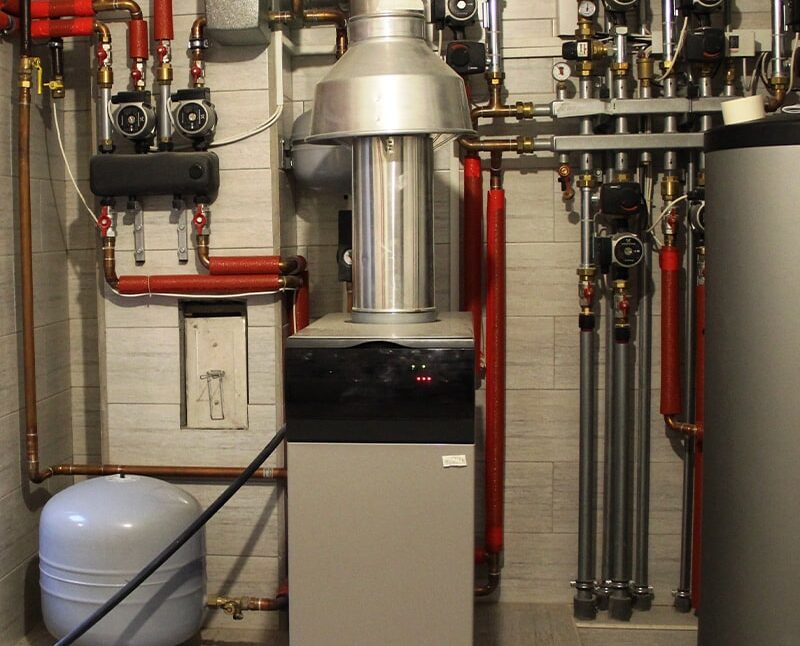A reliable boiler is essential for keeping your home warm and comfortable, especially during the coldest months of the year. However, like any mechanical system, boilers have a limited lifespan and can develop problems as they age.
Recognizing the warning signs of a failing boiler can help you avoid unexpected breakdowns and costly emergency repairs.
Warning signs your boiler is breaking down
Don’t wait for a complete breakdown; knowing the early warning signs of boiler trouble can help you take action before minor issues escalate into major emergencies. Here are the most common indicators that your boiler may be failing:
Age of the boiler
Most boilers are designed to last between 10 and 15 years with regular maintenance. If your boiler is approaching or has surpassed this age, it’s more likely to experience issues and operate less efficiently. Older units are also less energy-efficient, leading to higher utility bills.
Frequent repairs
If you find yourself calling for boiler repairs more often, it may be a sign that your system is nearing the end of its life. Frequent breakdowns not only signal underlying problems but also add up in repair costs, making replacement a smarter investment.
Rising energy bills
A boiler that loses efficiency will consume more fuel to produce the same amount of heat, resulting in higher energy bills. If you notice unexplained spikes in your heating costs, your boiler could be to blame.
Uneven heating or cold spots
Are some rooms in your home colder than others? Inconsistent or uneven heat is a sign that your boiler is struggling to distribute heat properly. This could be due to failing components, sediment buildup or aging parts.
Strange noises
Banging, whistling, gurgling or clanking sounds coming from your boiler are never normal. These noises can indicate air in the system, limescale buildup, worn-out parts or impending mechanical failure.
Yellow or flickering pilot light
A healthy boiler typically has a steady blue pilot light. If your pilot light is yellow or flickering, it could signal a dangerous carbon monoxide issue or incomplete combustion. This is a serious safety concern that should be addressed immediately.
Leaks or signs of water damage
Any visible leaks, puddles or signs of rust and corrosion around your boiler are red flags. Leaks can lead to water damage, reduced efficiency and even structural problems if not addressed promptly.
Poor air quality or odors
A failing boiler can sometimes produce unusual odors or contribute to poor indoor air quality. Musty, metallic or burning smells should never be ignored, as they may indicate a safety hazard.
Why boiler work is not DIY
Inspecting, repairing or installing a new boiler is complex and potentially hazardous. Boilers involve gas lines, electrical connections and pressurized water systems. Improper work can lead to gas leaks, carbon monoxide exposure, water damage or fire risks. Only a licensed HVAC professional has the training, tools and experience to safely diagnose issues, recommend solutions and install a new boiler to code.
Why call HVAC 911 for a contractor referral?
HVAC 911 connects you with licensed, bonded and insured local HVAC contractors who:
- Accurately assess your boiler’s condition and recommend the best course of action
- Provide expert repairs or seamless installation of a new, energy-efficient boiler
- Ensure all work meets safety standards and local codes
With HVAC 911, you gain peace of mind knowing your home’s comfort and safety are in expert hands.
Call HVAC 911 now for boiler repair or installation services!
Call HVAC 911 for a referral to a trusted local HVAC contractor who will guide you through every step of the process and ensure all the boiler work is done right.
Our affiliated licensed, bonded and insured contractors will guide you through the process and ensure all the HVAC work is done correctly. They employ highly qualified technicians who receive over 10,000 hours of training and undergo rigorous background checks.
